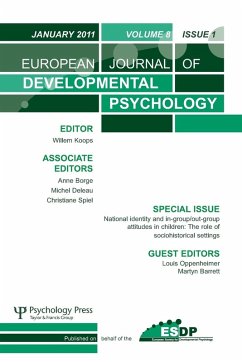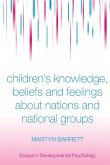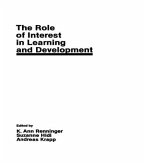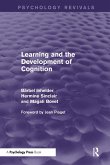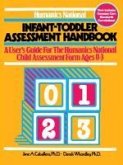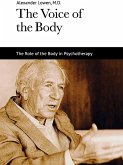This special issue reports the findings from eight studies which examined children's national identifications and national attitudes. Data were collected from 725 7- and 11-year-old children living in countries that have or have not experienced violence or war in the recent past. Twelve national groups participated in the studies, including Jewish and Arab children (Israel), Bosniak and Serbian children (Bosnia), Catholic and Protestant children (Northern Ireland), Greek-Cypriot and Turkish-Cypriot children (Cyprus), Basque and Spanish children (the Basque Country), and Dutch and English children (The Netherlands and England). The studies examined whether differences in the structure and content of national identity and attitudes result not only from processes of knowledge acquisition but also from cohort and context effects. Developmental and gender differences within each national group, and differences between national groups, are explored in terms of the cultural heritage of the particular group to which the children belong and the patterns of historical and contemporary relationships that exist between their own group and the various outgroups towards which their attitudes were assessed. Findings show that the development of national identifications and national attitudes exhibit considerable cross-national variation as a function of the specific socio-historical contexts within which children develop. These studies, considered together, indicate the need for developmental theorising in this area to avoid simplistic conclusions based upon data collected within just one specific location. The adoption of a broader cross-national comparative perspective is required when attempting to address questions concerning how children's national identifications and attitudes develop within real-world settings.
This special issue addresses whether differences in national identifications and national attitudes in children from different national groups result not only from processes of knowledge acquisition but also from cohort and context effects. Collectively, the studies examined 7- and 11-year-old children living in 12 different national settings that have or have not experienced violence or war in the recent past. Findings show that theories predicting universal developmental courses for national identifications and attitudes cannot be maintained across different socio-historical and political settings, and that much greater attention needs to be paid to the specificities of the particular contexts in which children develop.
This special issue addresses whether differences in national identifications and national attitudes in children from different national groups result not only from processes of knowledge acquisition but also from cohort and context effects. Collectively, the studies examined 7- and 11-year-old children living in 12 different national settings that have or have not experienced violence or war in the recent past. Findings show that theories predicting universal developmental courses for national identifications and attitudes cannot be maintained across different socio-historical and political settings, and that much greater attention needs to be paid to the specificities of the particular contexts in which children develop.

